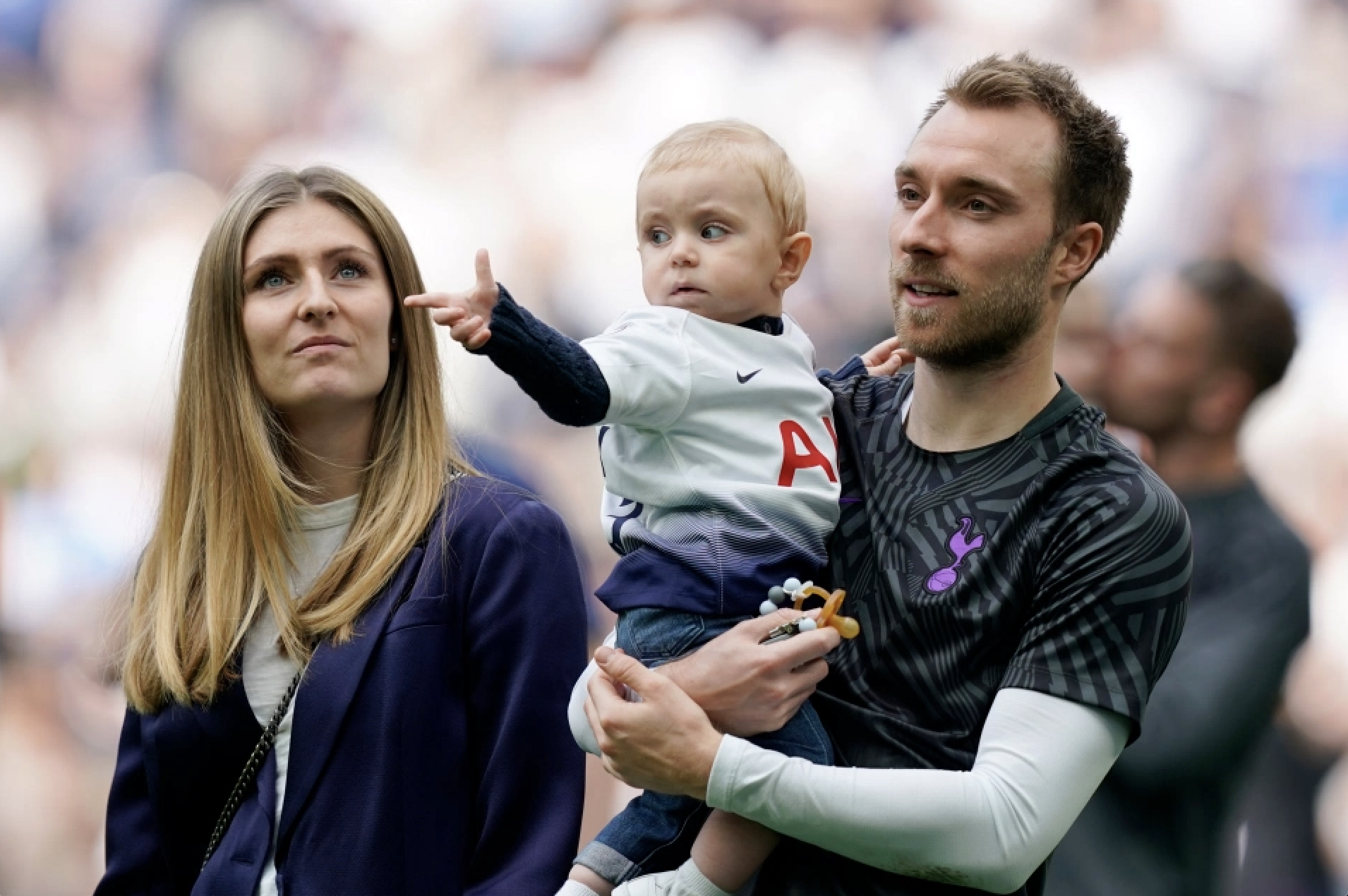On Kobe, A Pandemic, and Christian Eriksen
5 min read
I’m still not sure that I’ve processed what happened to Kobe Bryant and eight others about eighteen months ago. It’s not that it keeps me up at night (though I’m sure the scars run far deeper for those who knew him outside of the television screen). It just doesn’t seem real. Not then. Not now. Probably not ever.
No one is perfect, but there are those who own virtues that allow them to rise to a stage that seems to sit in perfection’s aura. Kobe was that way. His tenacity, his work effort – they created a sense of invincibility. This man would outwork everyone. He would take what he wanted. He would not be defeated. And then a helicopter crashed, and he was. I remember sitting in my dorm room, pit in my stomach, trying and failing to wrap my head around what had just happened.
I remember feeling the same way not even two months later. We can all recite our own stories by now. In sports, it was Jazz-Thunder being called off. The Big Tournament being cancelled after Michigan had already taken the court. Watching Creighton and St John’s play a first half of basketball while the commentators openly and constantly wondered how much longer they would go on. Sitting there and wondering … What the heck is going on?
We had just come back from spring break at Michigan. That Monday had been our first day of classes. That Tuesday, I had talked with someone about that scary virus that was starting to hit other people in other places. That Wednesday, it wasn’t far away anymore. I’m not sure anyone has processed the full extent of what happened next. I don’t mean to diminish the scale or severity of it all, but to suggest that, like these other events, it has both revealed many of our flaws and limitations while placing us in a position that we can only attempt to understand.
Then there was yesterday on a field in Copenhagen. Looking up to see a shield of devastated teammates forming. A silent stadium as they (understandably) fumbled around in the booth, unsure of what to say or how to say it. Suddenly seeing CPR where it is almost never performed – in between the lines. Eriksen’s fall and the reaction had happened in a blur; the next fifteen minutes were a different sort of timeless.
Barring further catastrophe, we can look back and applaud those who acted so quickly rather than only seeing tragedy, but that has yet to take away the impact of watching it unfold. Seeing Simon Kjaer and Kasper Schmeichel move between Eriksen and his wife, consoling the latter while they joined in the prayers for the former. Watching Hjulmand’s long walk across the pitch. Trying to understand how and why. They had discussed Eriksen’s personality less than half an hour before. How down to Earth he was. How he could fit in as anyone’s neighbor. Then he was down in a flash, and those casual remarks hit a little closer to home.
Jarring. Of the many words that we could use, there might be none more appropriate. A painful shock to uproot us – at least temporarily – from the typical comings and goings of everyday life. These three moments, like so many others, have laid bare the inevitability of our impermanence. This is, of course, nothing new. Death is no secret. But it is something we, for good reason, strive to avoid, and it is simply jarring every time we are reminded that those efforts can be struck down at any given moment.
It’s not so much a fear of death but a fear of what we’ve done before. A fear of what we will see in the life we’ve left behind. A fear, in simpler terms that are far from unexplored, that we are dying before we’re ready. We promise ourselves that we accept our limitations, and then we wait until we meet them to actually try to do it. It is perhaps our greatest built-in flaw – we are given so little time, and we use even less.
We’ve all heard the common response when something like Kobe’s death or Eriksen’s collapse happens. They are often repeated on less somber occasions. Enjoy each moment. Take nothing for granted. Live life to the fullest.
These are not inherently bad messages. One could do far worse than following them. At their simplest, they are calls to make the most of life, and there is never a reason not to embrace that call. I do think, however, that they sit at the center of a short-sighted response to tragedy. When we discuss early death, we often do it through the frame of squeezing every little piece out of those last few days, weeks, etc. What would you do if you had 24 hours to live? Enjoy each moment becomes a call to let loose and have as much fun as possible. Live life to the fullest becomes a bucket list: skydiving, road tripping, running with the bulls. We tell ourselves that this squeeze will bring us the satisfaction we seek. That we’ll finally be ready if fate knocks on our door tomorrow.
Consider reframing the question. If you died tomorrow, how would you feel about your last month? Year? Decade? And – if you could – what you would go back and change? What would you continue to do? For there is often far more of that than we give ourselves credit for. Then go get it done over the next month, the next year, and the next decade. It’s easy in moments like these to see life as a sprint that will end at any moment – and sometimes it tragically is. But for most, it’s a march to an unknown destination. Let tragedy be a reminder to get on the right path before the destination we seek is out of reach, even when you’re diving out of a plane.
